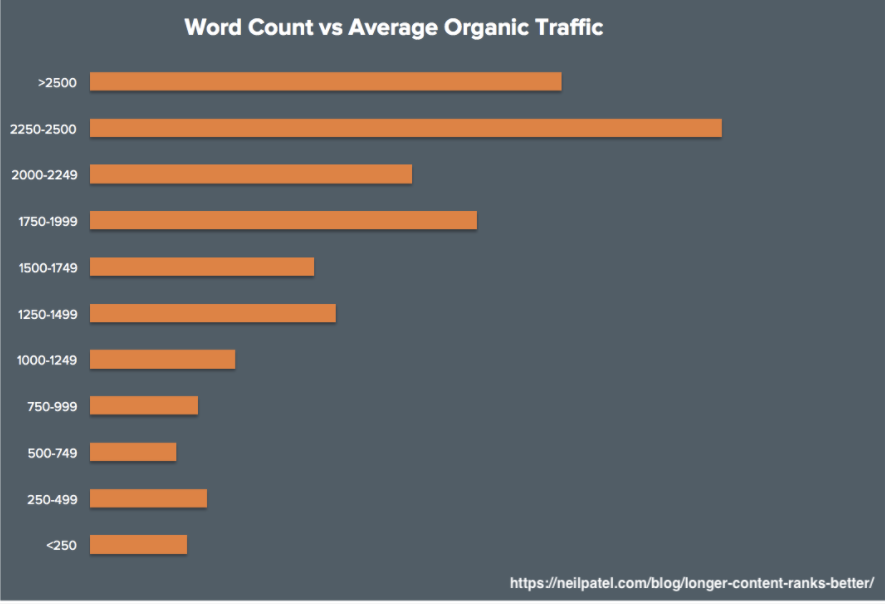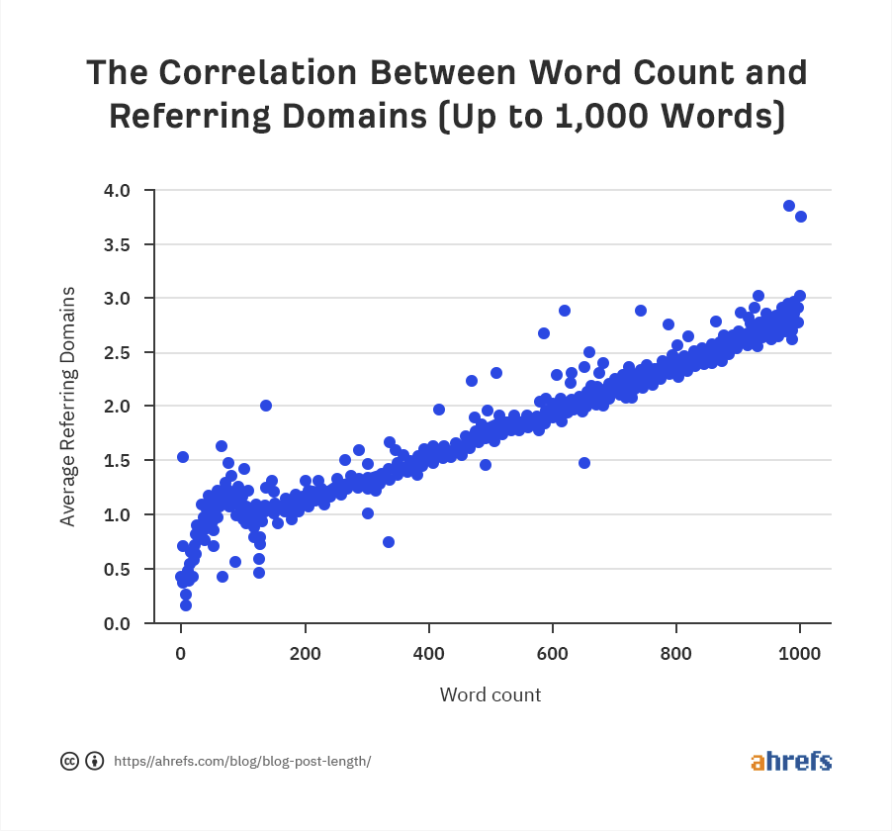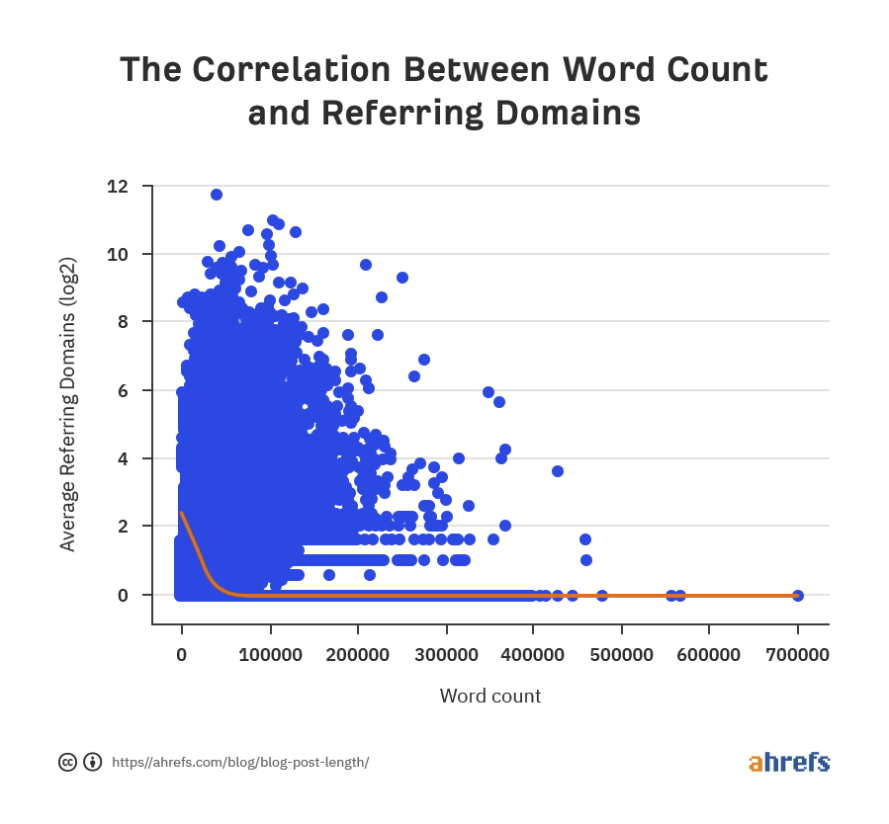There are many controversial issues on which people interested in SEO disagree. One of these issues is “what should be the content length?”. While some defend the idea that the longer the content, the better it will rank, while the number of those who oppose this idea is quite high. But really, only long content can have good positions? Or do we need to create as long content as possible to get a good position in the user queries we are targeting? Let’s find answers to these questions together.

Content Length and User Relation
Users who are curious about something about daily life, school, work or any other subject just do a search on Google today. As you know, users who make this search generally prefer to click on the top-ranked pages among the results they encounter. So what do they want to see on these pages?
In fact, what users want to see changes according to the query they perform. Sometimes they are looking for a one-sentence answer to their questions, while in other cases they want to get detailed information about a very broad topic. In this case, we need to analyze user intent well and have information about what our users want to see in the face of relevant queries. Otherwise, it will not be difficult to predict how users will react when we come across a 1000-word content in front of users looking for an answer to a small question. If the relevant content does not have a clickable table of contents, or if users are not directed correctly, most likely users will think that they cannot find what they are looking for on that page and will not want to waste their time. However, in the opposite scenario, when the user wants to obtain detailed and satisfying information about a subject, he will not be satisfied with short or comprehensive content and will not find the relevant content quality and reliable. Let’s take a look at the research on content length and its relationships with important metrics.
Content Length and Position Relationship
As I mentioned in the introduction; One of the most common thoughts about content length is that the longest content rank high. So, do you always need to have very long content in order to rank really high? I can say that there is not always a valid and definite truth on this subject. In other words, the pages with the longest content in every user query may not rank at the top.
For example, you can find the web pages and content lengths listed in the “signs of heart attack” query, where the search volume and competition are very high. We see that the most comprehensive content is ranked first for this user query. But we also see that other sorted contents are not sorted according to the same length hierarchy.
Content Length and Organic Traffic Relationship
From the chart below, you can see how much organic traffic the pages with a certain length of content get on average, according to the research. When we examine the graph, we see that the average traffic increases regularly with a few exceptions until we reach the 2000 word band, but decreases after 2000 words.

This research shows us that pages with content between 2000-2250 words get the most organic traffic. But of course, this does not mean that everyone should write content between 2000 and 2250 words. Because John Mueller from Google said in 2019 that the number of words is not a ranking factor, and he noted “save yourself the trouble” next to it.
Content Length and Backlink Relationship
According to the research from the chart below, you can see how many backlinks pages with a certain length of content get on average. When we examine the graph, we see that there is a regular increase in the average backlink side until we reach the 1000 word band.
Considering that the concept of backlinks is still one of the most important factors for SEO today, this chart clearly shows us that comprehensive content can get more backlinks than short content. In fact, it was not difficult to predict that people would want to like, share and reference more comprehensive and detailed content.

However, from the correlation below, we see that pages with content longer than 1000 words also start to get relatively fewer backlinks. If we analyze the two tables together; In general, we can say that comprehensive content gains more backlinks compared to short content, but after a certain length of content, it starts to acquire fewer backlinks.

Result of Content Length and SEO Relationship
Up to this point, we’ve looked at how content length relates to position, organic traffic, and backlinks. To summarize briefly; In general, research shows that comprehensive content gets more organic traffic and more backlinks than short content. However, after a certain length of content, these two metrics seem to decrease. The results of these two studies show us that it is beneficial to write comprehensive content, but it is not helpful to write as long content as possible. Also, as I mentioned above, Google’s John Mueller also says that content length is not a ranking factor.
For this reason, I can say that it will be beneficial for your website to produce comprehensive and quality content for the user group you target. However, as I mentioned above, I recommend that you stay away from unnecessary or repetitive information just to prolong the content.
